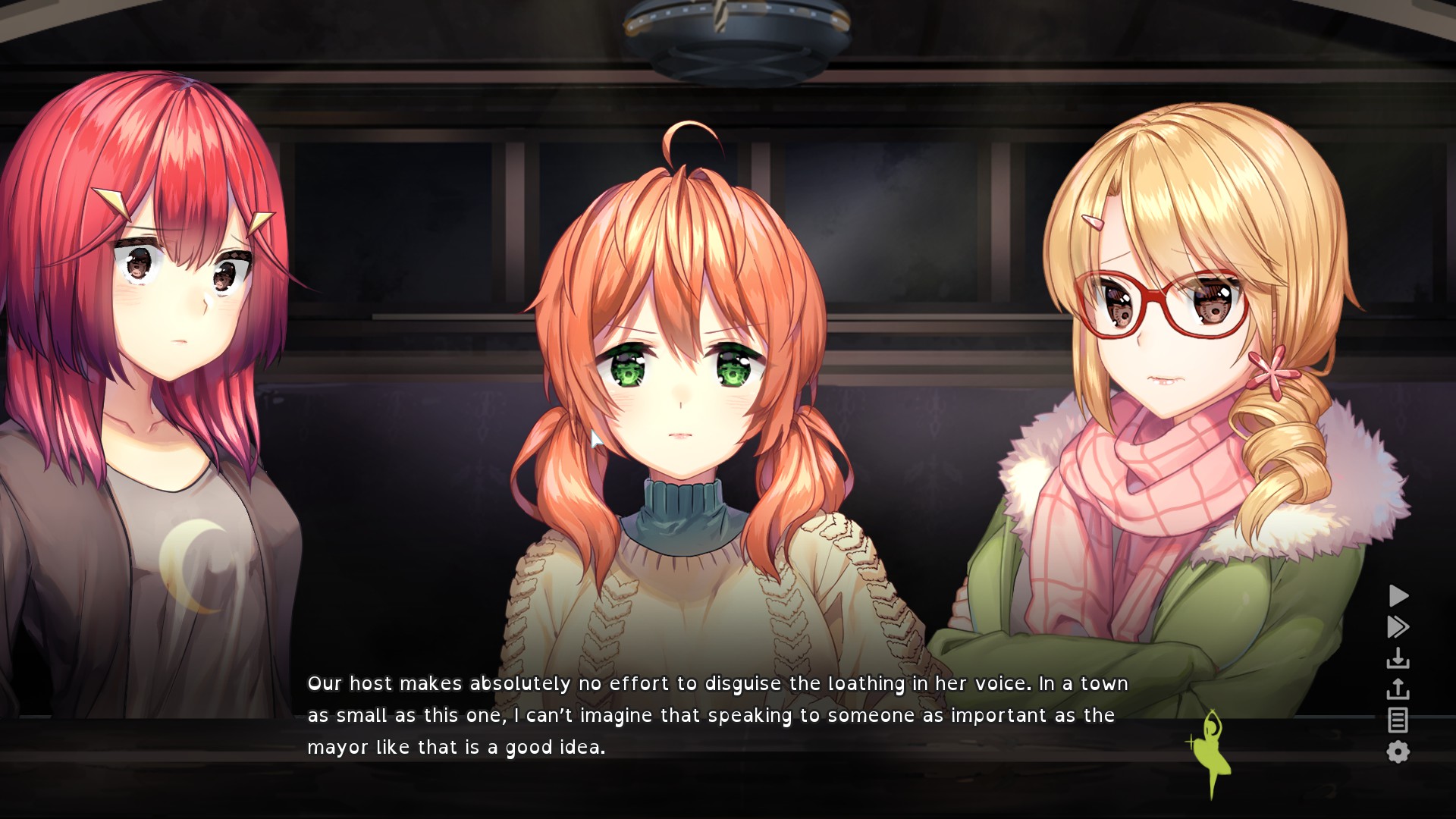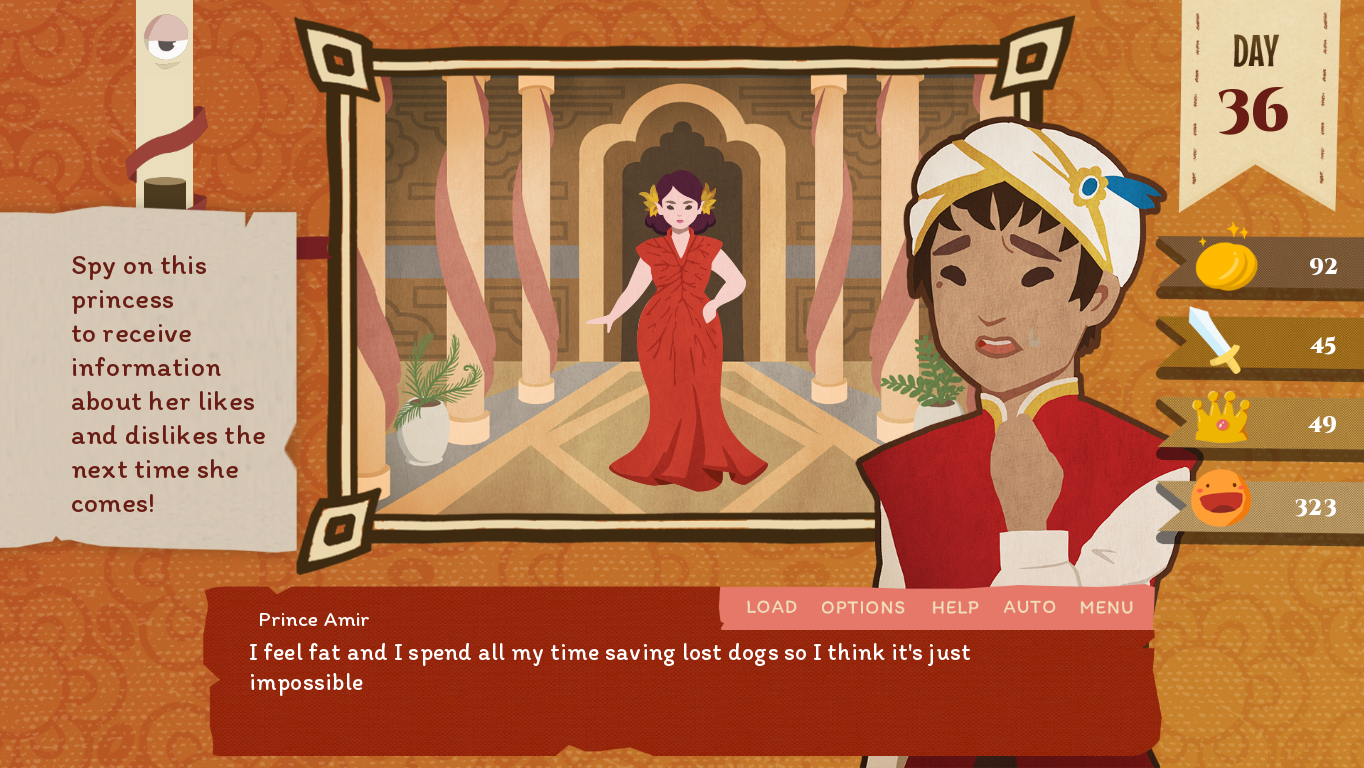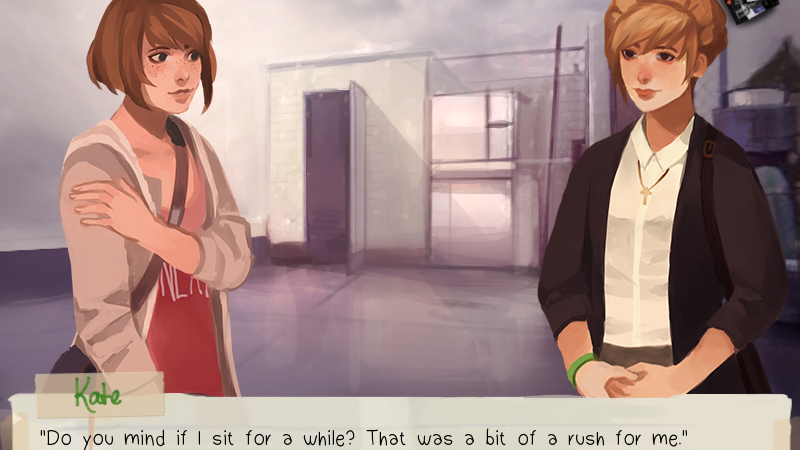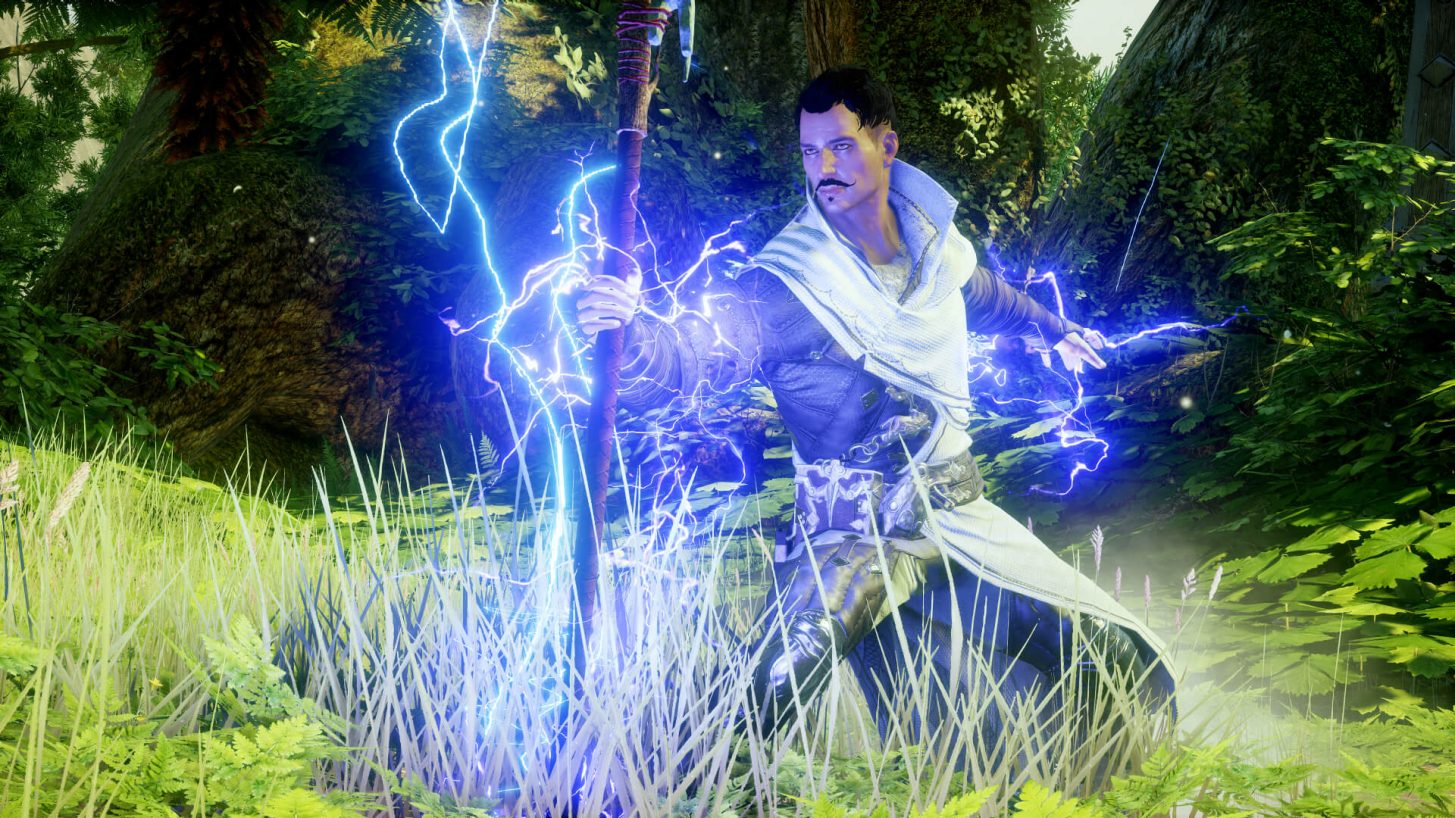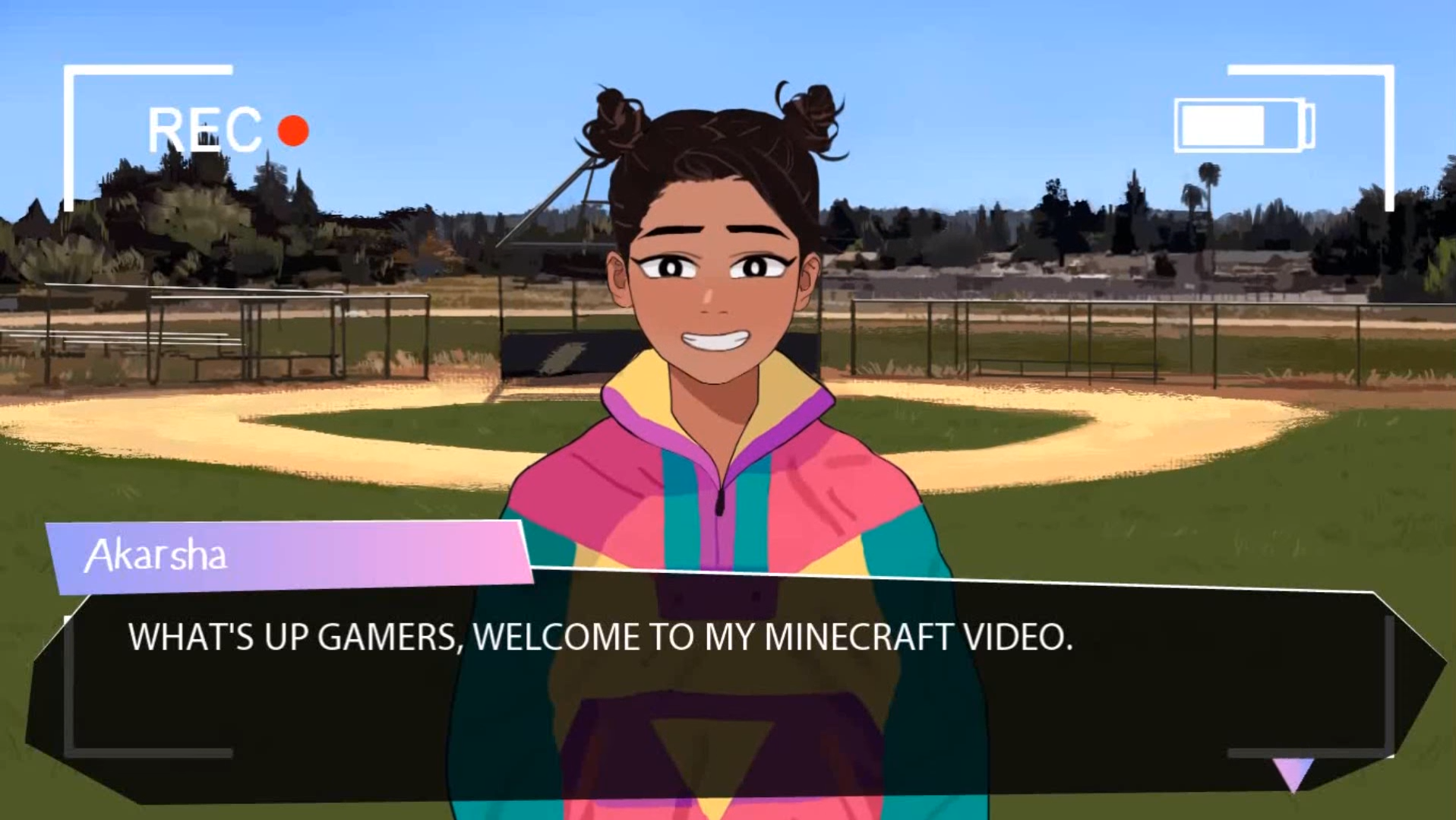Why visual novels are a haven for LGBT+ stories
Here and queer
As a young queer woman, often I have to ask myself what media I want to consume in my video games. Sometimes it’s simply picking the next best thing that includes LGBT+ representation, even if that representation is actually pretty damn awful. There are limits when it comes to certain genres, as well as the type of game, be it indie or giant global studio. LGBT+ representation is much harder to come across in FPS shooters, or even in action-adventure games.
Luckily, there’s an increasingly popular kind of game that’s giving me more options. LGBT+ visual novels, along with LGBT+ developers who put in a huge amount of work to deliver unique, respectful and interesting stories, are challenging my old mindset completely. Instead of settling for the next best thing of having a gay character who is there but later killed off, or is sad and alone, these VNs allow queer sexuality and love to play a role of importance. The most mainstream example is Dream Daddy, which broke through partly because it was developed through Game Grumps, but every day even more VNs with queer themes are getting made, and more are getting time in the spotlight.
But why are developers using visual novels to tell LGBT+ stories in the first place? According to both Josh Kaplan, the studio director behind the new yuri VN game Heart Of The Woods, and Salli Loikkanen, Lizard Hazard CEO and lead developer behind Your Royal Gayness, the answer is a mixture of three things: accessibility, love for VNs in general, and as a starting point into broader mediums and subjects -- like anime, manga and their fandoms.
A name that cropped up with both developers was Ren’Py. “[Ren’py] is a free, open source engine,” explained Loikkanen. “These days there are other affordable options as well. Marginalised creators don't tend to have huge budgets, and making a visual novel is usually much cheaper than making a 3D game.”
People are able to create games by themselves, removing the difficult and time-consuming barriers that they’d face otherwise. Being your own artist, writer, director and musician can certainly chop your costs in half. Plus, the only one who bosses you around is yourself, so you get to decide your own audience and take the risks in telling a story that bigger companies won’t.
Cost efficiency is just one piece of that puzzle, though. It’s all well and good to do something cheaply, but, as Josh Kaplan pointed out, “with user-friendly engines like Ren'py, it lowers the barrier of required programming knowledge immensely, to the point that anyone can learn to script a functional Ren'py game with a bit of patience.” There are also programmes like Twine that are readily available for LGBT+ game-makers to try out and tell the stories that they want to.
Fandom and fanfiction also have a surprising amount of influence when it comes to visual novels. Team Rumblebee, the studio behind VN games Loan Wolf and Scrambled: Syd City, kicked off their VN career with the fan game Love Is Strange. Players take on the role of Max from Life Is Strange, and have the option to romantically pursue the wonderful ladies of Arcadia Bay. Characters that were either pushed to the side or we didn’t know too much about finally had a voice, and it was one that LGBT+ folk could relate to thanks to a team of determined writers willing to make that happen.
Of course, it isn’t the first time someone has used VNs to help smooch their favourite fictional crush.
“One of my earliest memories of VN's comes from when I was in middle school, and I found a Flash-based dating sim on Newgrounds that let you date Yuna from Final Fantasy X,” Kaplan said, making me remember my own history of dating all the girls from Elfen Lied in a similar manner. While kissing my fictional crush was the coolest, it also opened up new ways to experiment with my sexuality and understand myself more through Elfen Lied’s fandom.
Fandom is a powerful tool. As well as new people, it can introduce you to new mediums that you can use to explore the deeper depths of yourself that you’re not ready to traverse outside of that context. Visual novels loop back into that gateway, and that doesn’t get any clearer when searching for fan-art of Butterfly Soup, Dream Daddy and Heart Of The Woods, and seeing people share their fan art, theories and enthusiasm. And ultimately? This exploration can also lead to having the choice to choose what piece of representation you want to partake in.
Unfortunately, some LGBT+ characters in more mainstream genres are often not afforded the same luxury. This is particularly painful if your favourite genre has zero characters that are like you. For me, I love a good ol’ RPG that can take hours on end to complete (hence my backlog is disgustingly huge). I love the characters involved, and the depth you can find in them and their lives, and the emotions they evoke in me. Thankfully, RPGs tend to at least try with varied representation. There are games like Dragon Age that I can find characters like me inside. On the other hand, if you’re a fan of FPS or sport games, you’re probably shit out of luck. As some will argue, nobody is really expecting an LGBT+ storyline in FIFA and so it isn’t that much of a big deal if there isn’t one.
Regardless of what I think about that particular fuckery (I disagree with it), LGBT+ stories where they exist in the mainstream are often pushed to the back, hidden behind side-quests players can skip over entirely, or end up being downright offensive in their execution.
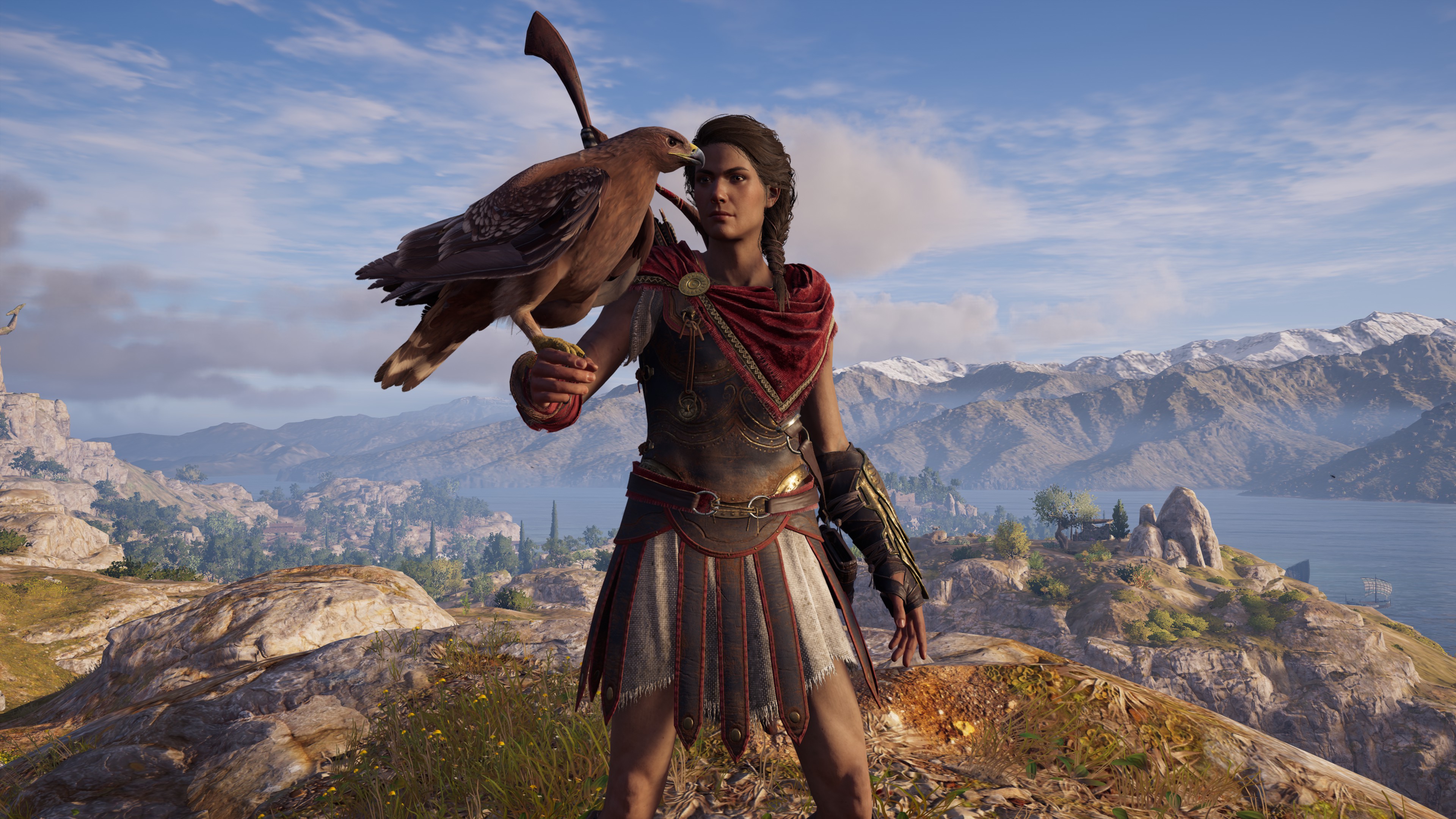
Emily Kaldwin’s romance in Dishonored 2 is only hinted at in letters and was left deliberately ungendered in the text of the game. While it is fantastic that players can read this as a queer relationship, and non-binary folks have reclaimed Wyman as a non-binary character, this isn’t the same as the game canonically making Wyman queer or non-binary, and some of the European translations of both the novels and Dishonored 2 assumed Wyman was a ‘he’. An honest mistake? It left a sour taste in my mouth either way.
And then there are stories where sexuality is almost the whole game, commonly revolving around issues like ‘coming out’. There’s nothing inherently wrong with this, but it often leads to the story feeling onenote and leaves me wondering if that’s the only story people think LGBT+ folks should see themselves in. Team Rumblebee are a perfect example of how their characters’ sexualities are not always the main focus of their stories.
“Our two original VNs feature a diverse cast of dateable characters: an androgynous werewolf, a baby-butch superhero, an older female antihero, etc.,” they told me. “We make the games we want to see, with characters we want to see, because they're so sparse in mainstream media.”
Just a quick look on Steam shows that there are a number of VN games with plot so thin and trashy that they could belong in a Mills and Boon section in your local library. But regardless of your personal opinion on the content of these novels, there are a ton out there that are targeted towards heterosexual women. With inclusive VNs from teams like Team Rumblebee, more queer folks are able to play, as they put in their own words, “specific (trashy) content.”
While I’d love an epic, fantasy game that has over 90 chapters, there’s something beautiful about one day having the option to sift through clichéd, overdone trash. LGBT+ stories are just as capable of being an absolute tropey mess too, without the doom and gloom.
But, sometimes it goes beyond what we want, as Brianna Lei, the one and only creative lead on Butterfly Soup, explained. Sometimes, it’s a mixture between want and need. Butterfly Soup is a coming-of-age game about Asian American kids falling in love with both one another and baseball, but for Brianna and the players of Butterfly Soup, it was a whole lot more than that.
“I think what struck people about it was how real and personal it felt, especially when dealing with topics like being raised by immigrants and questioning your sexuality as a teenager,” she said. “My philosophy with my work is to make things I needed when I was younger. A lot of books and comics about honest and difficult topics helped me feel better as I grew up.”
There was one last question that I wanted to ask the developers I spoke to. Did they think that blockbuster video games would ever be able to tell the stories of of LGBT+ characters as finely and in as detailed a way as visual novels do? After all, a game like Dragon Age stands out as one of the best mainstream series around for LGBT+ representation, particularly with characters like Dorian, Leliana and Isabela playing important roles in the series, but it still makes mistakes.
“I think [bigger games] are still a while off, but I'm optimistic about that happening someday!” Lei said. “There's been a surge of LBGT characters in AAA games recently like Ellie from The Last Of Us, Tracer and Soldier 76 from Overwatch, and so on, so I think as time goes on studios slowly become more and more daring with how deeply their games will investigate their identities.”
With smash hit Apex Legends including a canonically gay character in Gibralter, as well as making Bloodhound non-binary, Lei raises a very valid point. But even if bigger games were to include more and more LGBT stories, it wouldn’t diminish visual novels importance by any means. As Lei puts it, “All it takes is one determined person with a story they want to tell. As long as people like that exist, there's always going to be amazing LGBT VNs.”


